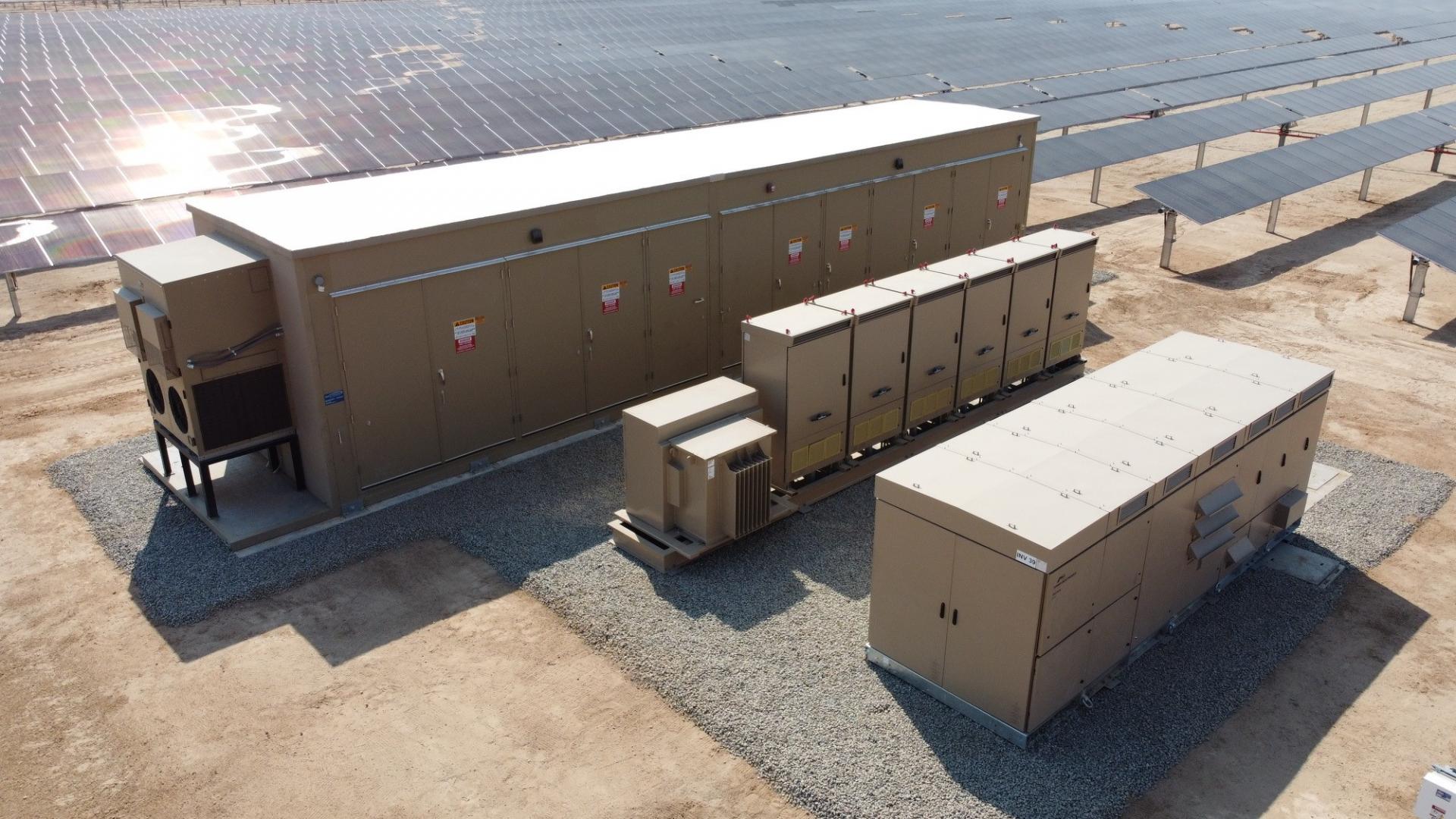American Climate Leadership: A Long-Term Commitment to Clean Energy

If Congress prioritizes smart, long-term solar policies, we can tackle the climate crisis and ensure a bright future for generations of Americans to come.
Photo: EDF Renewables North America
The climate crisis is here. From the freezing cold that shut down Texas’s electrical grid, to the scorching heat that melted power lines and buckled streets in Oregon, we’re seeing the impacts every day. These threats to our way of life require immediate action and smart policies to guide us toward a sustainable future.
Fortunately, the solar and storage industries are ready to help address this crisis, with the added benefit of fostering economic prosperity in every corner of the country. The U.S. solar market recently surpassed 100 gigawatts of installed electric generating capacity and accounted for 58% of all new electric capacity added to the grid in Q1 2021. However, policy whiplash threatens this momentum, and solar businesses need a stable policy environment to make long-term investments to meet this climate moment. If we don’t act now, we’ll fall short of where we need to be to reach the clean energy benchmarks President Biden has laid out, which are essential to tackling climate change.
As Congress and the Biden Administration work to pass infrastructure and budget legislation, they have an opportunity to provide that policy certainty. A long-term extension of the solar Investment Tax Credit (ITC) is a common-sense step to help us meet our renewable energy goals and create well-paying career opportunities across the country. The ITC is the most effective tool we have to drive investments and job growth, and it’s important that lawmakers also pair it with a direct pay option. This will help ease project financing challenges and shield the industry from pandemic-related disruptions.
Wood Mackenzie found that the recent two-year extension of the ITC increased solar installation forecasts by 17%, which is a clear demonstration of its effectiveness at spurring economic development and creating jobs. Each new solar system installed provides a paycheck for American workers and supports thousands of growing energy businesses. As solar demand increases, there is incredible opportunity to build back better with new jobs all over the country. Many communities haven’t had good-paying and steady manufacturing jobs in decades, but with the right support the solar industry can change that.
Solar is first and foremost an American-made technology. We should be global leaders – not just in solar and storage deployment, but also in manufacturing of clean energy technology. Building our capacity to seize the promise of American solar manufacturing will create more jobs and enhance supply chain security and stability.
Senator Jon Ossoff recognizes the importance of domestic manufacturing and setting up the industry for long-term success. Last month he introduced the Solar Energy Manufacturing for America Act to rapidly boost solar manufacturing here at home with tax credits for every stage of production. In support of this promising legislation, SEIA announced a solar-specific target to reach 50 gigawatts of annual domestic production capacity by 2030.
The solar industry must grow four times faster than we are growing today to address climate change and meet President Biden’s ambitious 2035 goals. If Congress prioritizes smart solar policies like a long-term ITC extension, direct pay, and incentives for domestic manufacturing, we can tackle this crisis and ensure a bright future for generations of Americans to come.
Sign SEIA’s company letter to Congress and learn more about SEIA’s top policy priorities.
—



